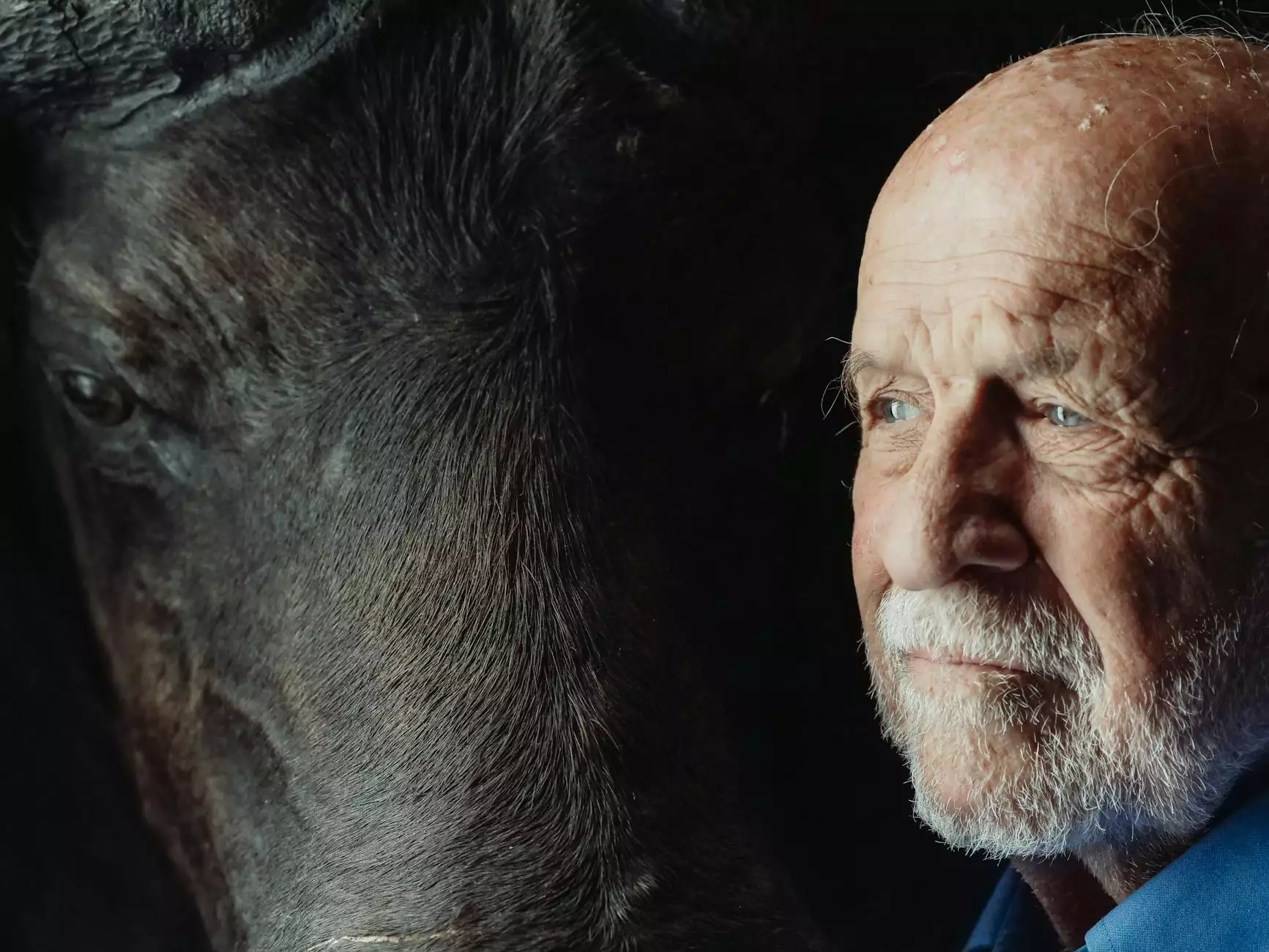How To Best Prepare for a Hair Transplant

Introduction
Welcome to Smith, Arthur F, MD, a trusted name in hair restoration services in Miami. If you are considering a hair transplant procedure, it is vital to understand how to best prepare for it. Proper preparation plays a significant role in ensuring successful outcomes and a smooth recovery. In this article, we will guide you through the pre-surgical steps, set realistic expectations, and provide essential tips for a successful hair transplant.
Understanding Hair Transplantation
Before diving into the preparation process, let's first understand what a hair transplant entails. Hair transplantation is a surgical procedure that involves transferring healthy hair follicles from one part of the body (donor area) to the balding or thinning areas (recipient area).
The Pre-Surgical Consultation
Once you have made the decision to undergo a hair transplant, the first step is to schedule a consultation with Dr. Arthur F. Smith, a renowned hair restoration specialist in Miami. During the consultation, Dr. Smith will evaluate your hair loss pattern, scalp condition, and overall health to determine if you are an ideal candidate for a hair transplant.
If you are deemed suitable for the procedure, Dr. Smith will discuss various aspects, including the hair transplant technique, expected results, potential risks, and the necessary preparations before the surgery.
Pre-Surgical Steps
1. Research and Ask Questions
Educating yourself about hair transplantation is crucial. Conduct thorough research, read patient testimonials, and ask any questions you may have during your consultation with Dr. Smith. Being well-informed will help you set realistic expectations and better understand the procedure.
2. Quit Smoking and Alcohol
If you are a smoker or consume alcohol regularly, it is highly recommended to quit these habits at least two weeks before the surgery. Smoking and alcohol can hinder the healing process and increase the risk of complications. Dr. Smith can provide guidance on smoking cessation if needed.
3. Discuss Medications
Inform Dr. Smith about any medications or supplements you are taking. Some medications, especially blood thinners and anti-inflammatory drugs, may need to be temporarily stopped prior to the procedure to minimize the risk of excessive bleeding and other complications.
4. Arrange Transportation
Since hair transplant surgery is performed under local anesthesia, you can expect to return home on the same day. However, it is advisable to arrange for someone to drive you home, as you may experience mild drowsiness or discomfort post-surgery.
5. Follow the Pre-Surgical Instructions
Dr. Smith will provide you with detailed pre-surgical instructions. It is essential to follow these instructions diligently to ensure the best possible outcome. The instructions may include recommendations on avoiding certain foods and beverages, washing your hair, and any necessary shaving of the donor area.
What to Expect During the Procedure
A hair transplant procedure typically takes several hours to complete, depending on the extent of the transplantation. The general steps involved in the process include:
- Anesthesia: The donor and recipient areas are numbed using local anesthesia to ensure a painless experience.
- Donor Area Preparation: Healthy hair follicles are carefully extracted from the donor area, typically located at the back or sides of the head.
- Recipient Area Creation: Tiny incisions are made in the balding or thinning areas to prepare them for the placement of the transplanted hair follicles.
- Follicle Placement: The extracted hair follicles are meticulously placed into the recipient area, ensuring natural-looking results and proper angulation.
- Post-Surgery Instructions: Dr. Smith will provide you with detailed post-surgical instructions to facilitate a smooth recovery. Follow these instructions closely to promote optimal healing.
Recovery and Aftercare
Proper recovery and aftercare are crucial for successful hair transplant results. Here are some essential tips to follow during the recovery period:
1. Medication and Care
Dr. Smith may prescribe medications, such as pain relievers or antibiotics, to manage any discomfort or prevent infection. Take these medications as directed and follow any additional care instructions provided.
2. Protect the Transplanted Area
Avoid touching or scratching the transplanted area, as this can dislodge the newly placed hair follicles. It is also important to protect your scalp from direct sunlight and wear a hat or use sunscreen when outdoors.
3. Gentle Hair Care
Follow Dr. Smith's instructions on hair washing and care. Use the prescribed shampoo or mild, pH-balanced products to keep the scalp clean and promote proper healing. Avoid harsh chemicals or styling products during the initial recovery phase.
4. Patience and Time
Transplanted hair takes time to grow and settle into their new location. Be patient and avoid expecting immediate results. It usually takes several months for the transplanted hair to start growing naturally.
Conclusion
Preparing for a hair transplant is crucial for achieving the best possible results. By following the expert guidance provided by Dr. Arthur F. Smith, you can ensure a smooth and successful journey towards a fuller head of hair. Contact Smith, Arthur F, MD today to schedule a consultation and take the first step towards your hair restoration goals.










